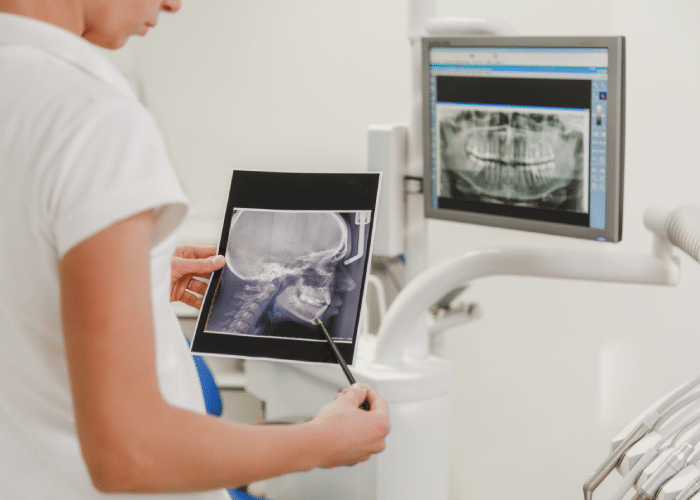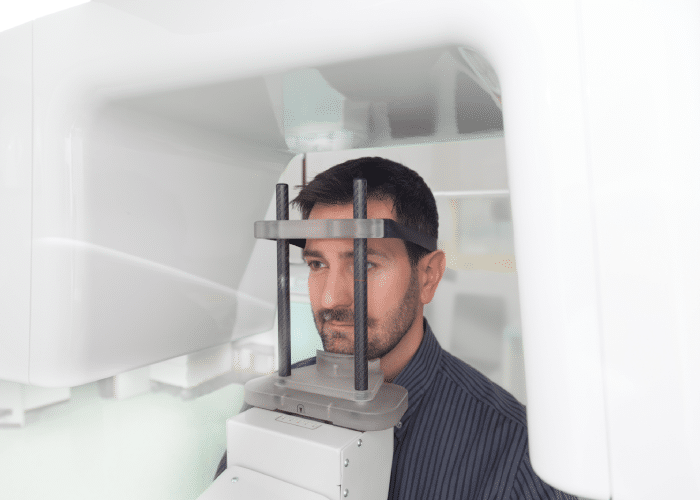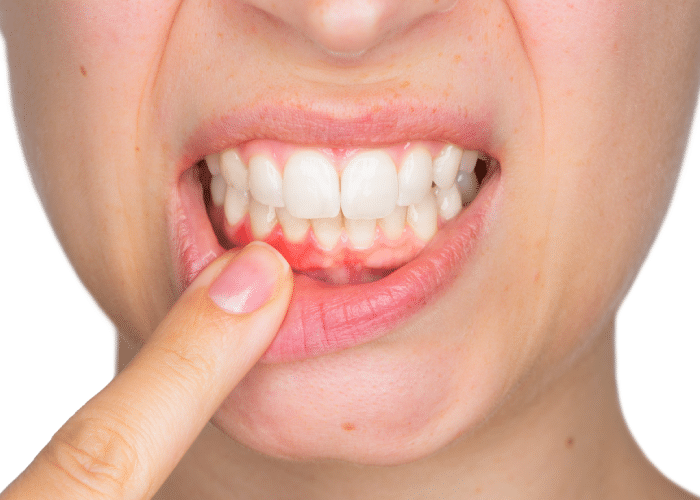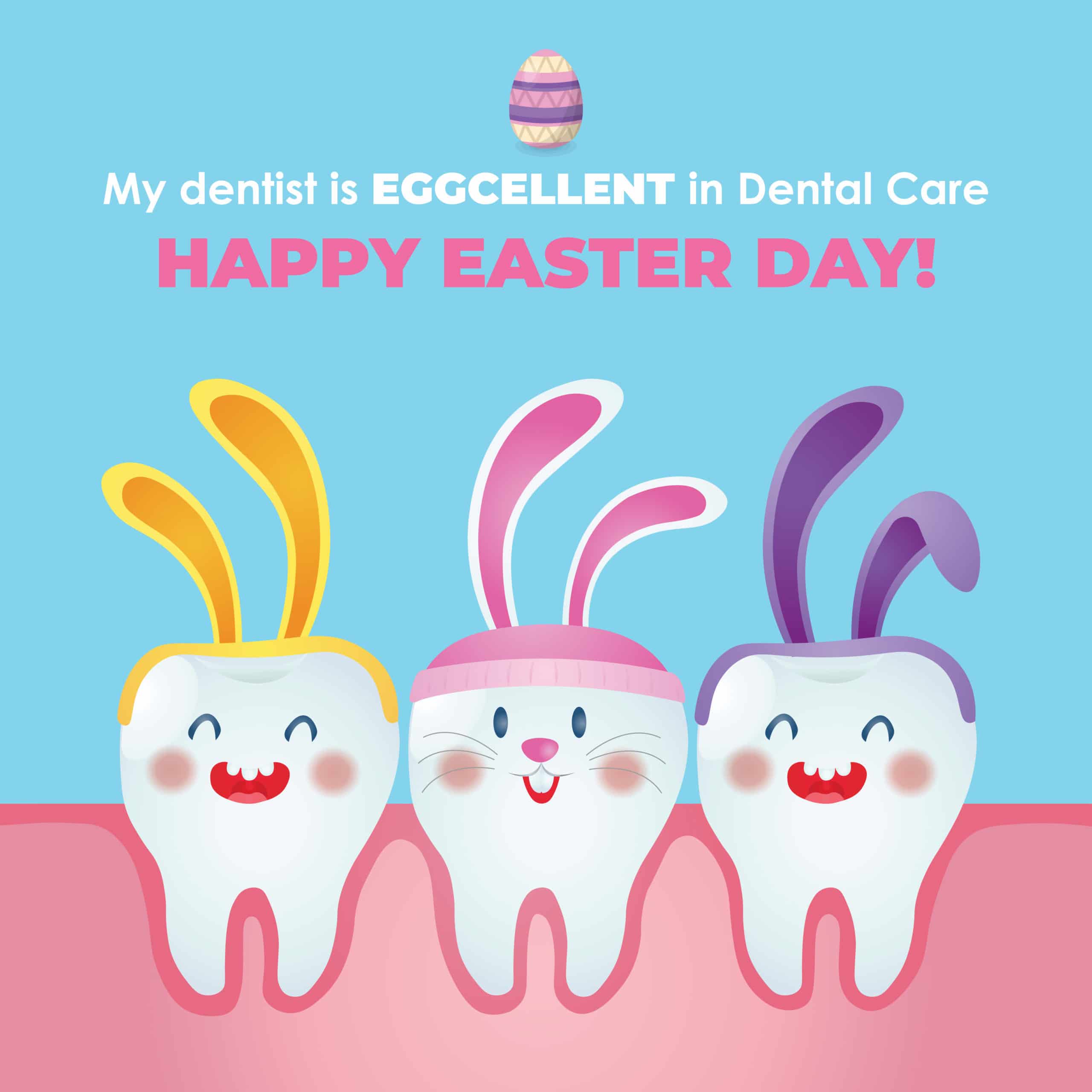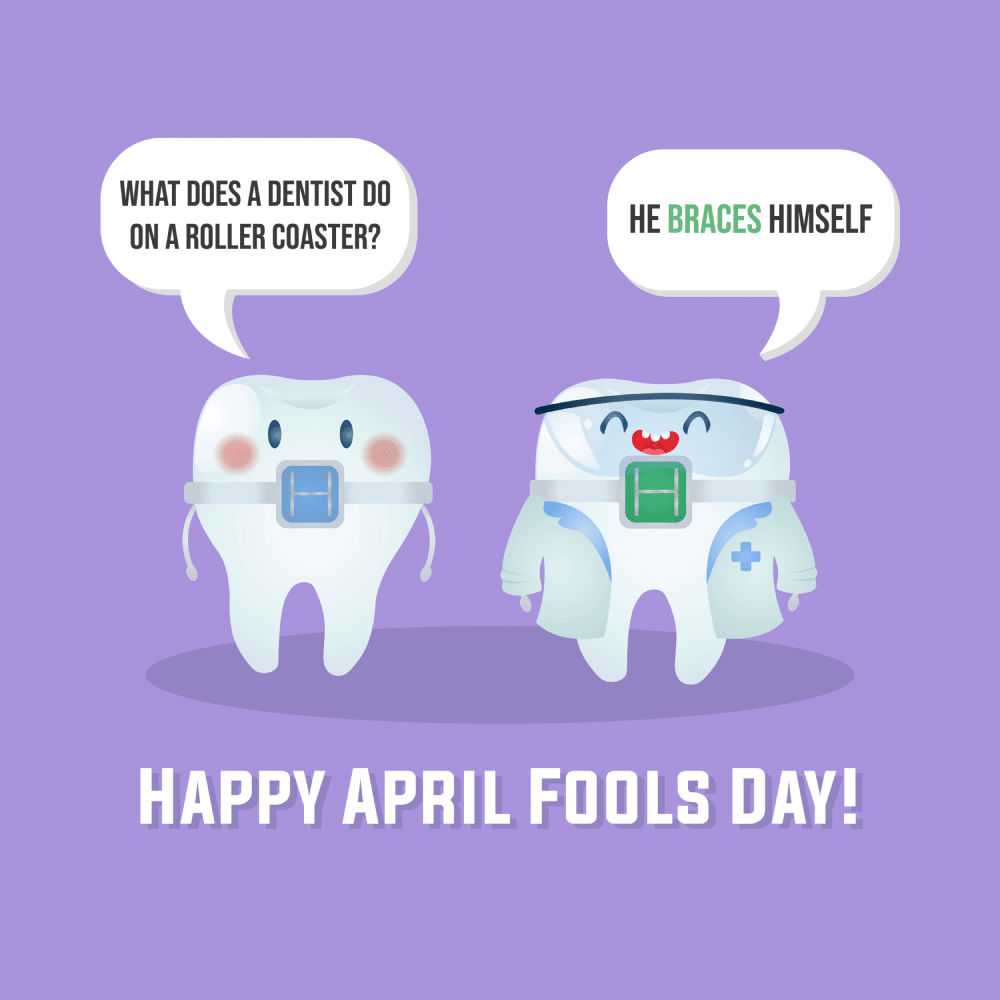Tooth enamel damage can result in tooth sensitivity. Treatment from your dentist can ease your tooth sensitivity, although they may not be able to fully reverse the sensitivity.
Key takeaways:
- Sensitivity resulting from gum disease or cavities can usually be improved.
- Improvement may be more limited with sensitivity caused by enamel worn down over time through exposure to acidic foods and drink.
- Regular brushing with a soft-bristled toothbrush can help prevent tooth sensitivity developing.
“Visiting your dentist is also an important part of protecting your tooth enamel and preventing oral health conditions that can lead to sensitive teeth, such as tooth decay and gum disease. The best treatment for tooth sensitivity is preventing it in the first place!”
Read the full story here
https://yourdentalhealthresource.com/is-teeth-sensitivity-reversible/

